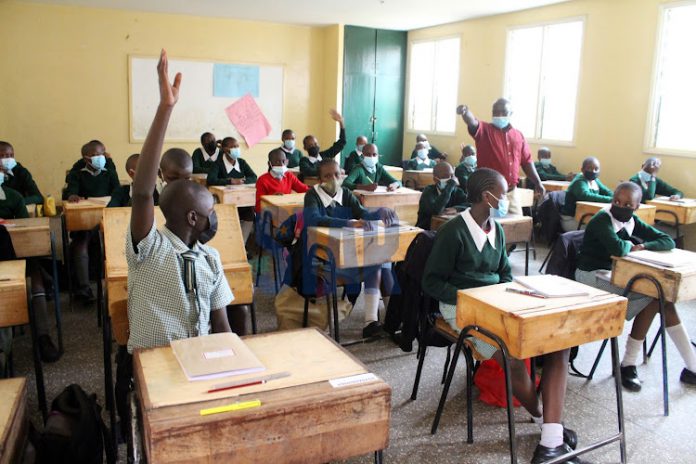The Ministry of Health in Kenya has disclosed that one in three schools still lack access to safe water services while half lack adequate sanitation.
The ministry noted that 98 percent of schools in rural areas lack hygiene services.
As a result of the above report, there has been a negative impact on academic performance, attendance and enrolment.
This comes even as the ministry launched three key documents geared towards strengthening sanitation and hygiene in schools and informal settlements and sanitation planning under Urban Development.
The three include the hygiene promotion in schools handbook for teachers, the menstrual hygiene management in schools handbook for teachers and the Kenya National guidelines for implementation of urban sanitation.
According to experts, poor hygiene and WASH services increase the risk of diarrhoea among children leading to absenteeism which in turn translates to poor educational outcomes for the children.
“The burden of periods with lack of hygienic and dignified facilities hinders our girls’ abilities to concentrate in classes and to attend school and may even lead to dropping out of some of the girls from school,” WASH specialist at UNICEF Abdi Hassan said on Tuesday.
According to data, about 46 percent of Nairobi is covered by sewage system while close to 65 per cent of the population lives in an informal settlement that is not covered by sewerage system hence rely on on-site sanitation systems.
Globally Kenya is one of the 26 countries in the world that contributes to 90 percent of open defecation. Only 29 percent of the population in Kenya had access to basic services in 2019,” Kuria noted.
According to Health CAS Mercy Mwangangi, even though Covid-19 has tested the country’s healthcare practices, there has been a reduction in diseases following an increase in good sanitation practices around the country through proper handwashing and sanitizing.
“We must ensure we fight disease through prevention, we must not wait for our people to get sick so we can offer curative services,” Mwangangi said.












